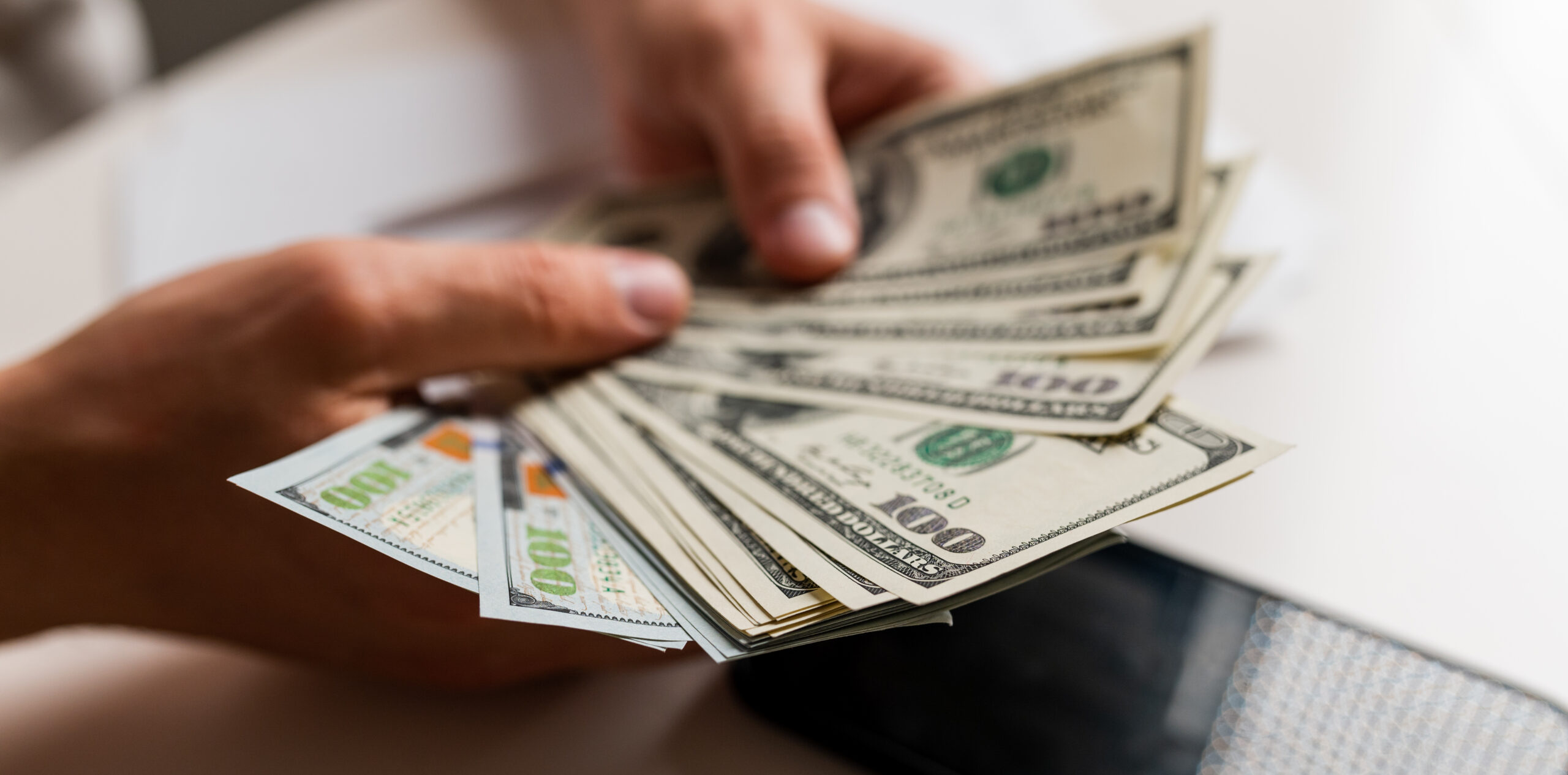
For a critical mass of entrepreneurs, 2019 has been a very successful year. For some, even 2020. However, many entrepreneurs did not pay out profits from their companies even because of the 7% dividend tax. Several have addressed this by, for example, increasing their coffers or continuously borrowing funds from the company. However, this is short-sighted tax optimisation.
The pandemic, in addition to what is often inflected, has brought, for example, a change in the view of the law on the legality of taking money out of the company. It has also increased the state’s appetite to be even more assertive about certain legal and fiscal contexts (for example, the fight against aggressive tax optimization, the sanction of confiscation of part of assets, etc.).
In the context of doing business through a company, it is first of all important to note that a company is a separate legal entity from its ultimate owner – a natural person. This statement is not just a legal cliché, but has significant legal and tax implications. For example, in certain circumstances, it may even be a criminal offence to withdraw/send funds from your own company. In less serious cases, there are various tax risks or the illegality of paying out old profits.
In practice, it is perfectly natural for smaller companies not to earn smaller profits at all. The entrepreneur feels that he can freely dispose of his own company’s funds and can pay them out at any time in any form or simply withdraw them from the account. In addition, for smaller numbers and owner-managed companies, it is not normally comfortable for such owners to pay a 7% withholding tax on dividends when profits are paid out. It is even less financially comfortable to pay yourself a standard salary as an employee in your own Ltd. (another trading company) or the remuneration of a managing director (mainly due to high levies).
This results in, for example, high cash, receivables from owners on the balance sheet (a loan to a shareholder) or high unpaid profits. And if in such a situation the company in question were to experience financial problems, this could have the following legal consequences (depending on the situation that preceded it):
The practice of the tax authorities in this respect varies. In some cases, however, the tax authorities tend to reclassify such unnamed income of owners from the company as employment income (i.e. taxed and then “taxed” as +- income of employees) or as so-called. other revenue. They are subject to a 19%/25% income tax rate and a 14% health levy.
The Commercial Code prohibits a company from distributing its net profit or other own resources to its owners if, taking into account all the circumstances, it thereby causes its bankruptcy. It should be noted here that there may not be a direct temporal link between the payment of profits and bankruptcy. And this is a very important note at a time of pandemic. Thus, in certain circumstances, the owner may not be able to legally access these profits. If the company pays dividends “fair weather”, the owner can partially avoid a number of risks as a precautionary measure. In some cases, it is even possible to pay dividends without applying the 7% dividend withholding tax, and so such legal structuring can also have pleasant side effects.
In the same way, an owner may not be able to legally access the funds in his company if it has negative equity or is in a so-called (whispering): Crisis. In some types of business (for example, property rental), this financial situation is quite common and standard. Nevertheless, some limitations do exist and should not be forgotten, even in the context of the risks outlined above.
At Highgate Group, we advise our clients in setting up their business operations from a legal and tax perspective. There are many legal pitfalls in the legal order and the level of the legal and tax system in Slovakia today. On this topic, it is not just a question of disbursement of profits/funds from the company during a pandemic and possible tax considerations. From 1 January 2021, entrepreneurs are also interested in the issues of protective measures of seizure of part of the property or seizure of things, which the state can now apply relatively flexibly and sufficiently invasively to such an extent that the entrepreneur loses even the firm ground under his feet. The new legislation on the legalisation of proceeds of crime also appears to be risky for entrepreneurs. Its effects can be very negative for entrepreneurs, even in the case of trivial business mistakes.
The legal and tax environment is increasingly complex. Business life is also more complex. That is why it is wise to address these challenges in a preventive way.
Tomáš Demo from our law firm discussed this topic in more detail from a legal point of view here or in an expert opinion for the daily SME here.
Law & Tax
Tomas Demo
tomas.demo@highgate.sk
Accounting
Peter Šopinec
peter.sopinec@highgate.sk
Crypto
Peter Varga
peter.varga@highgate.sk